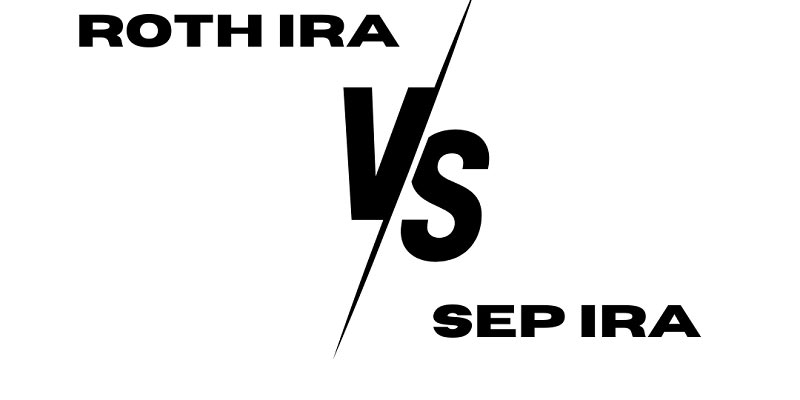Securities represent various types of financial investments that are actively traded in secondary markets. They are categorized into three groups: equities, bonds, and derivatives. What makes security unique is that it gives ownership rights to the user, even though they don’t have physical possession of the asset. Moreover, the ease of trade that is coupled with accurate and efficient price-setting mechanisms has made them an indispensable instrument for ascertaining the worth or value of such underlying assets.
Equity Securities
At their core, equity securities, commonly known as stocks, represent corporation ownership stakes in the U.S. economy.
Stocks
Investors can purchase company stocks via brokerage services. They may also invest in stock mutual funds. Major stock exchanges including the New York Stock Exchange, NASDAQ, and BATS trade stocks and derivatives.
Initial Public Offering (IPO)
An IPO marks a company's first sale of stock to the public. Typically, investment banks handle these sales, offering them to a select group of investors. IPOs are notable for their higher investment threshold and are often sold in substantial quantities. After an IPO, the stock price can fluctuate significantly, and there are often restrictions on when these newly acquired shares can be sold.
Debt Securities

Debt securities primarily consist of bonds, essentially loans provided to corporations or government entities. These can be purchased through brokers or mutual funds focused on bond investments. Government-issued loans are referred to as "sovereign debt."
Corporate Bonds
These bonds represent loans made to corporations. Companies with ratings below AAA typically face higher interest rates. Bonds with meager ratings are termed "junk bonds," known for their increased risk yet attractive interest rates.
Treasury Bonds
The U.S. economy 2023 values Treasury bonds as highly secure, serving as a benchmark for other interest rates. Movements in Treasury bond rates can significantly impact the U.S. economy and financial markets.
Municipal Bonds
Local governments issue municipal bonds. While generally considered safe, these bonds are not immune to default risks, especially if the issuing municipality faces bankruptcy.
Derivative Securities
Derivatives are complex financial instruments whose value is derived from underlying assets like stocks or bonds. They offer a way to gain significant returns with a lower initial investment than direct asset purchases. However, this leverage also introduces higher risk levels.
Stock Options
Stock options present a strategic way to engage in stock trading without the initial purchase of the stocks themselves. You can purchase a call option that gives you an opportunity to buy a certain stock at a set point but on a date subsequent to payment of a premium. Exercising this option means that if the stock’s market price is higher than your agreed price, you can acquire it at the agreed low price and immediately turn around to offload it back into the market at a profit.
Put options let you sell a stock at a specified price in the future. Buying at the lower market price and selling at the higher option price might benefit if the stock's market value falls below this price. However, you would not exercise this option if the market price is higher, losing only the initial premium paid.
In both stock and put options, contracts typically cover 100 shares. The risk can sometimes extend beyond the premium paid, mainly if you sell contracts instead of buying them.
Futures Contracts
Oil, currencies, and agricultural items may be used to create futures contracts. Futures contracts need a margin, a tiny portion of the contract's value, to purchase or sell the underlying asset at a specified price. Due to its volatility, futures contracts might lose more than the original margin. Unlike options, futures contracts are obligatory, meaning you must fulfill the contract's terms upon maturity.
Asset-Backed Securities
Asset-backed securities are derivatives whose value is linked to the performance of a pool of underlying assets, often bonds. A notorious example is mortgage-backed securities, which played a significant role in the subprime mortgage crisis. Another type is asset-backed commercial paper, involving corporate loans backed by assets like commercial real estate or vehicles. Collateralized debt obligations (CDOs) further segment these asset-backed securities into tranches, each with a distinct risk level, diversifying the investment risk across different asset types.
Impact of Securities on the Economy

Securities play a pivotal role in the U.S. economy update by bridging the gap between those with capital to invest and those needing funding. Their ease of trade and accessibility broaden the investor base, enhancing market efficiency. For instance, the stock market offers a clear view of which companies are thriving and which aren't, channeling funds toward successful businesses and fostering growth.
However, the simplicity and accessibility of securities can also contribute to economic volatility. The ease of purchasing securities can lead to impulsive and uninformed investment decisions by individuals, sometimes resulting in significant losses. This was notably evident during the 1929 Great Depression, which followed the Black Thursday stock market crash.
Initially, derivatives like CDOs (Collateralized Debt Obligations) were thought to reduce financial market risk by offering investment hedges. For example, banks could issue more loans by selling CDOs to investors willing to assume the risk. Yet, the proliferation of these complex financial products inadvertently led to excessive liquidity, fueling asset bubbles in various sectors such as housing and consumer debt. This false sense of security contributed to lax lending standards and increased defaults.
The complexity of derivatives meant many investors lacked a complete understanding of the products. The ensuing loan defaults triggered a panic, as the actual value of these derivatives became unclear, freezing their secondary market. This liquidity crisis led to banks hesitating to lend to each other, fearing worthless CDOs as collateral. The situation escalated to the point where the Federal Reserve had to intervene by purchasing CDOs to avert a global financial meltdown, a critical factor in the 2008 financial crisis.
The Bottom Line
Securities allow individuals, corporations, and governments to invest in or lend to various entities, diversifying beyond traditional bank loans. This allows for fresh capital raising through the sale of these instruments. However, many securities can be highly volatile due to their ease of trading. It's crucial for potential investors to thoroughly research and understand the securities they consider for their portfolios to mitigate investment risks.




